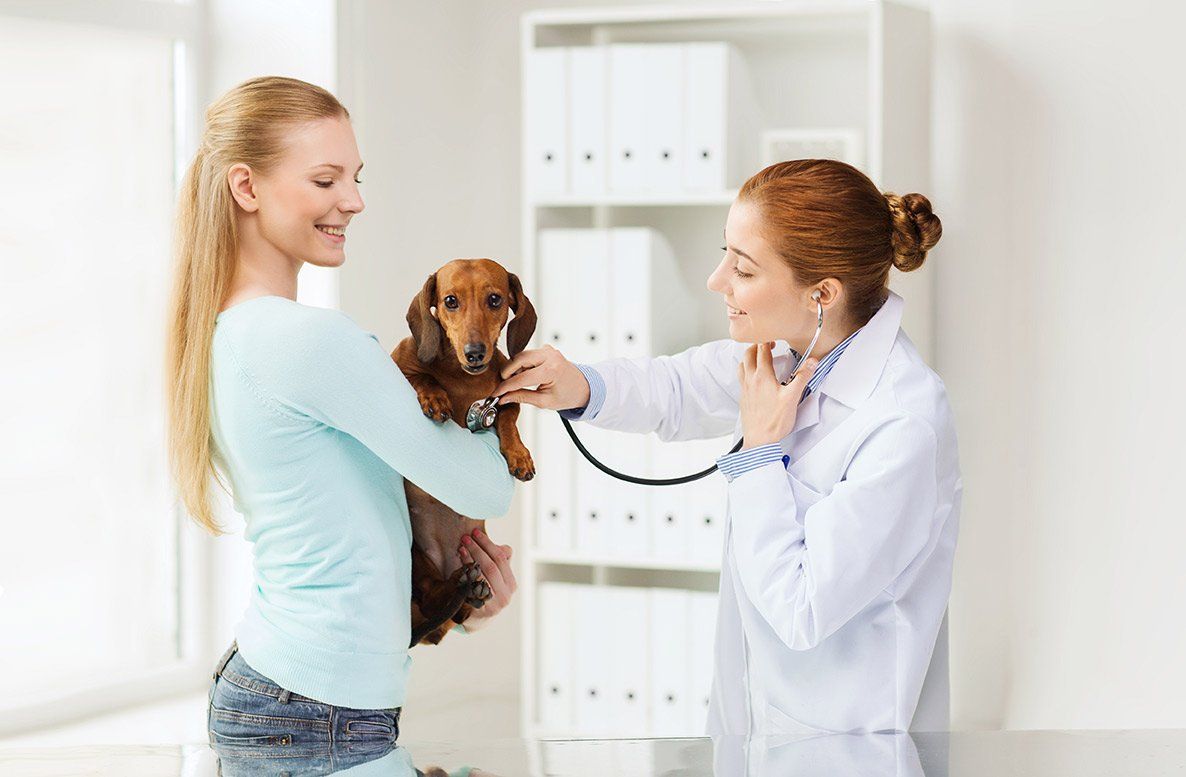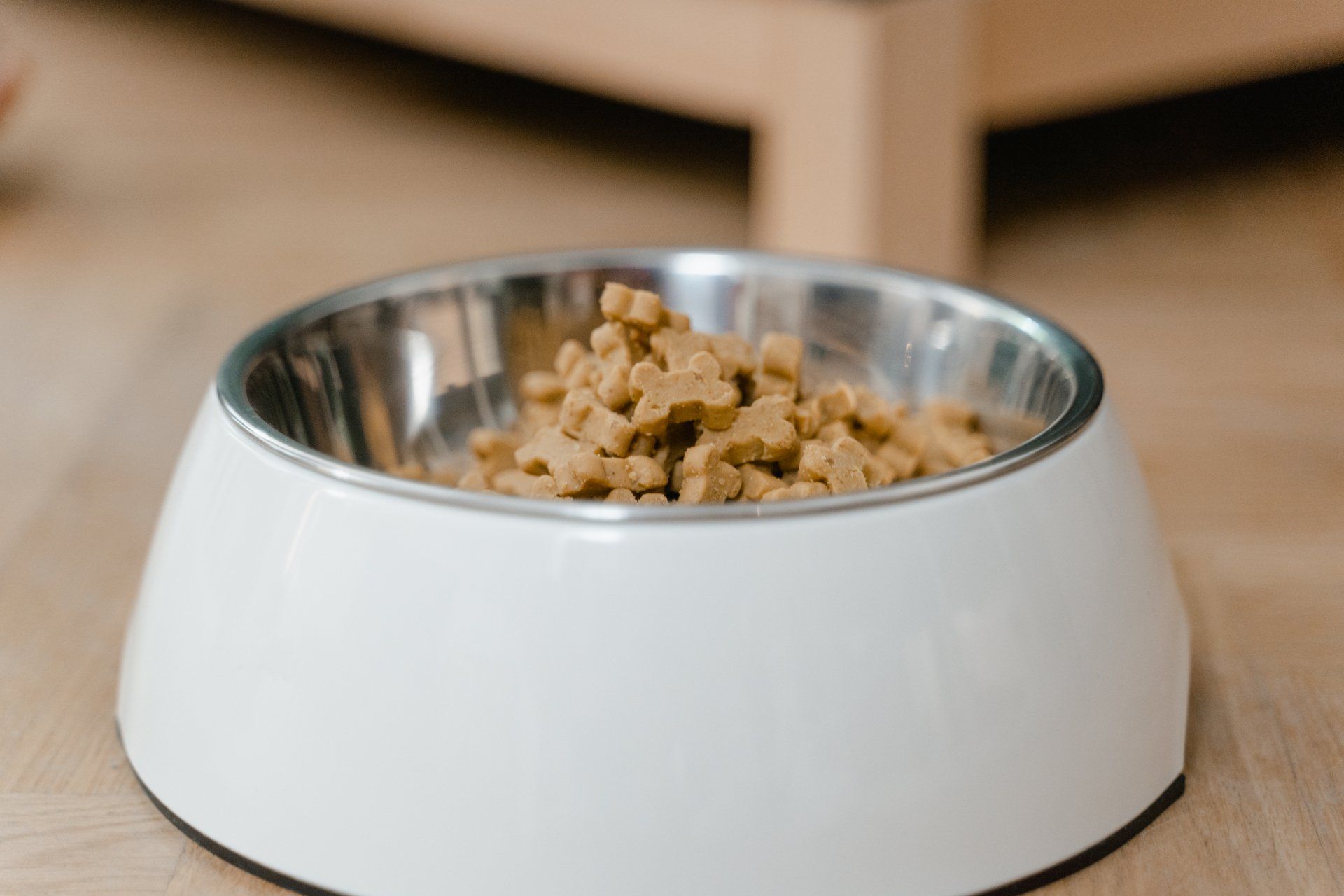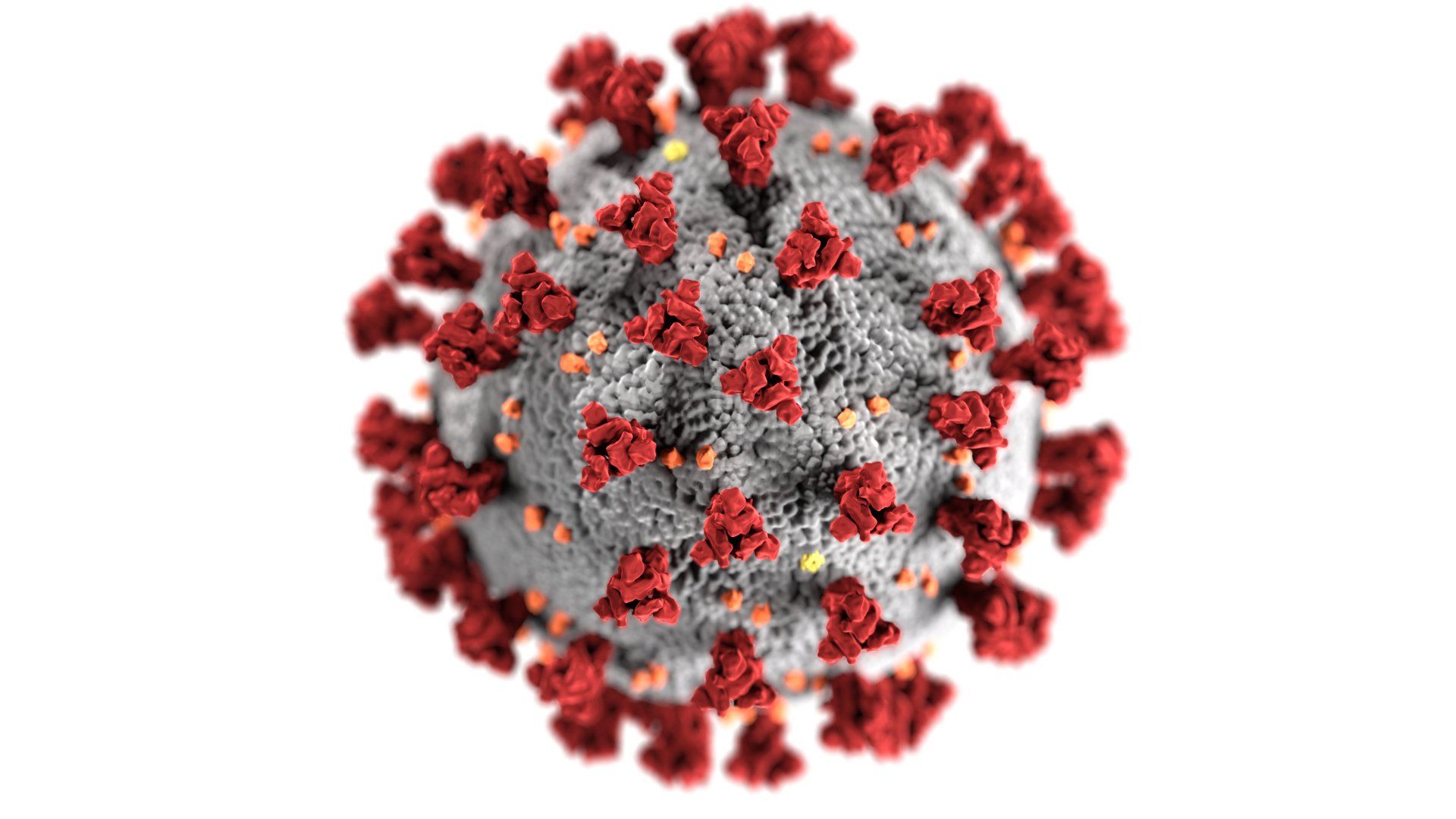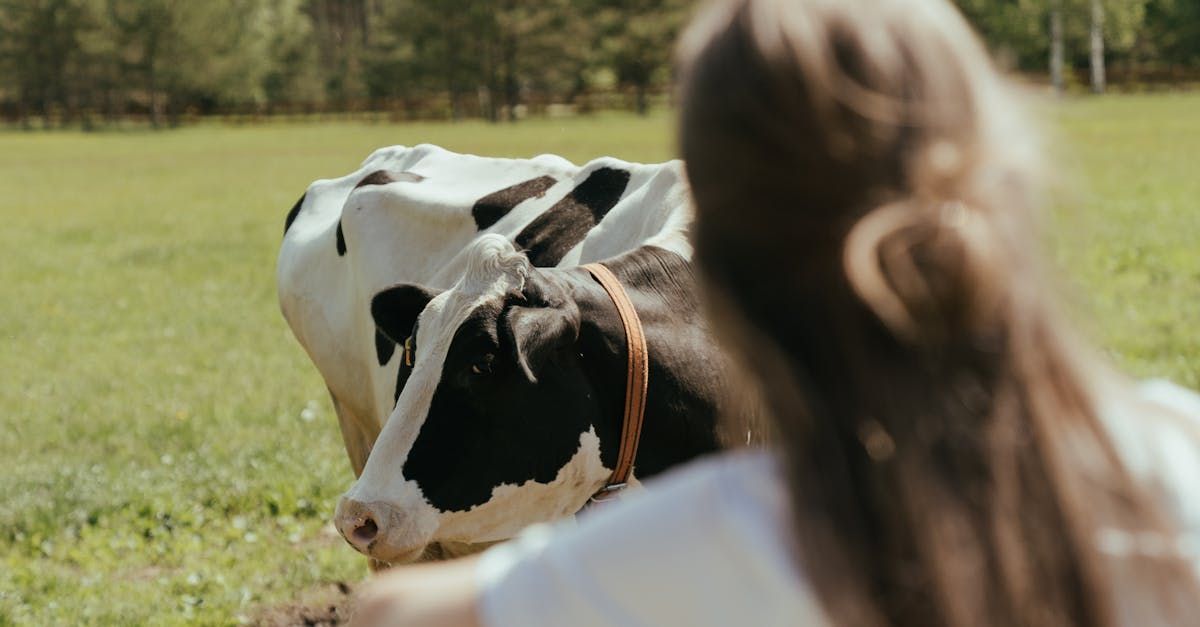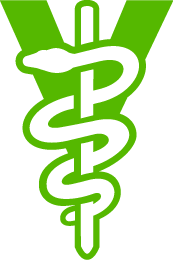Intestinal Parasite Test
WHAT IS AN INTESTINAL PARASITE (FECAL) TEST?
A fecal examination is the microscopic evaluation of feces. The test is indicated for pets with diarrhea, straining, lack of appetite or vomiting. Annual fecal examinations are recommended on all animals as part of a yearly health exam. Fecal examinations are also recommended on all puppies and kittens.
There is no contraindication to performing this test. Negative results help determine health or may exclude the presence of disease and gastrointestinal parasites.
WHAT DOES A FECAL EXAMINATION REVEAL OR DEMONSTRATE?
Fecal examinations are primarily performed to detect microscopic gastrointestinal parasites, such as roundworms, hookworms, whipworms, Giardia, coccidia and tapeworms. Some abnormal parasites known as spirochetes or flagellates can also be detected.
A positive test result indicates gastrointestinal parasitic disease. Negative results from one fecal sample may be misleading. Some parasites do not shed eggs consistently so some samples may be negative even though the animal actually has a parasitic infection. Repeated fecal examinations may be necessary to detect some elusive parasites.
How Is a Fecal Examination Done?
In order to perform a fecal examination, a fecal sample needs to be obtained. The easiest way to do this would be to pick up a sample of feces after the pet has eliminated. Fresh samples will give the most information.
Fecal samples can also be obtained by other means. There are special fecal loops commercially available. This long narrow wand with a loop at the end is inserted into the rectum. If feces is present, a sample will be obtained in the loop. Another method of obtaining a fecal sample is for the veterinarian to use an exam glove and place a finger in the rectum. Fecal material will adhere to the glove and can be evaluated under a microscope.
After obtaining a fecal sample, the feces is placed in a tube or commercially manufactured fecal container. Special fecal flotation fluid is then added to the tube with the feces and the combination is stirred. This is then allowed to sit for about 20 minutes. The hope is that any parasitic eggs present in the feces will float to the top of the fluid.
After 20 minutes, the top layer of fluid is placed on a microscope slide and examined under a microscope. Each parasite has a characteristic appearance that can be detected by an experienced technician or veterinarian.
The fecal examination generally takes about 30 to 40 minutes and is often performed in your veterinarian's office. Some veterinarian’s choose to submit the fecal sample to a veterinary diagnostic laboratory. In these situations, tests results may take 1 to 2 days to obtain.
IS A FECAL EXAMINATION PAINFUL?
A fecal examination is not painful. If a fecal loop or digital exam is used to obtain the sample, discomfort may be involved.
IS SEDATION OR ANESTHESIA NEEDED FOR A FECAL EXAMINATION?
Sedation or anesthesia is not needed for a fecal examination.
